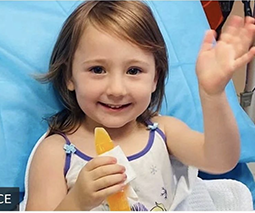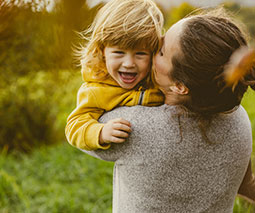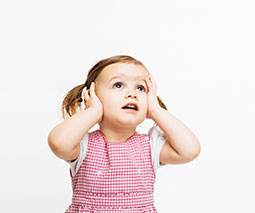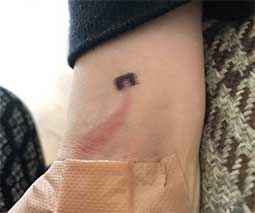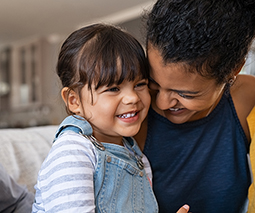How to treat – and when to worry about – your child’s cough
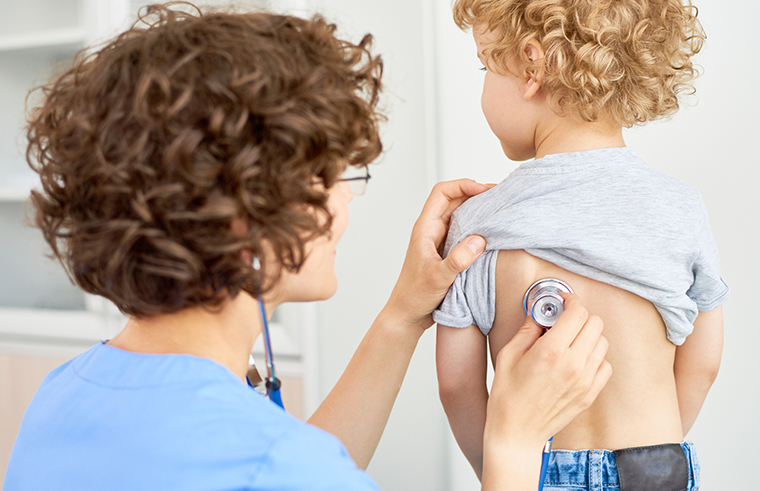
Winter is the prime season for those pesky colds and coughs, but what can parents do if it’s their little one suffering from a persistent splutter?
We talked to Sarah Hunstead, a former paediatric nurse and the founder of CPR Kids, about when coughs are nothing to worry about, how to spot a serious cough, and why children aged under six should never be given cough medicine.
Listen to Sarah Hunstead on Feed Play Love:
“Coughs can be just one of the many symptoms of a common cold or virus,” Sarah says, “Or they can be something more serious such as a symptom of an exacerbation of asthma or bronchitis, or other respiratory diseases.”
When is a simple cough something more serious?
So how do you know when to escalate treatment and when it’s a noisy, but fairly harmless cough? Sarah says that we need to look a little more broadly than that pesky splutter.
“The cough might let us know that something is not right, but we need to look at our child as a whole,” Sarah suggests.
“So look at your child,” Sarah continues. “If they are looking perfectly healthy and everything is fine” – apart from the cough which has been hanging on for a while – then Sarah suggests heading to the GP to make sure that all is well.
See your GP sooner if they have other symptoms like:
- Difficulty breathing
- Looking generally really unwell
- The cough is affecting their feeding and drinking
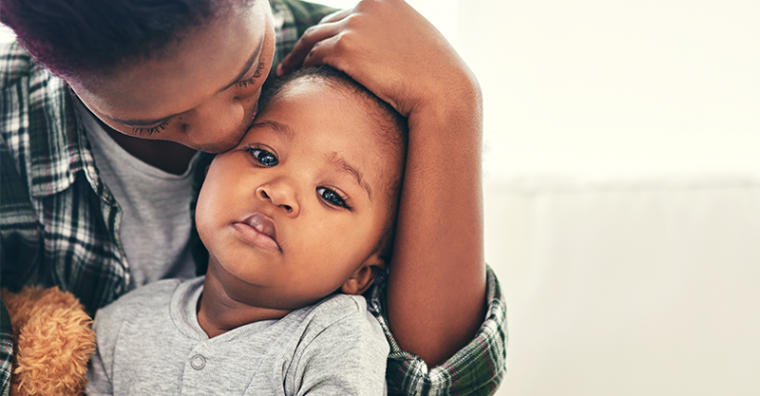
Know the signs in your child
That said, Sarah points out that for some kids the only sign they might be really unwell with asthma or similar is a cough.
“If your child does have a chronic condition like asthma or something like that, it’s important to know what their symptoms are,” Sarah notes. “I’ve looked after kids where you expect when they have an exacerbation of their asthma, that they might be really wheezy and have all [the above] things.”
“But there are kids out there whose only symptom is a cough. So knowing your child’s symptoms if they do have that chronic condition – and knowing what’s normal for them and what’s not, and when you need to seek medical help, is really important.”
Call in the experts
For kids that don’t have these chronic conditions, it can be harder to work out which cough is which.
“You may not be able to actually differentiate between what type of cough is what,” Sarah says. “We’re not expected to as a parent.”
“If it’s concerning you, if your child’s having difficulty breathing, then you know what? Off to the GP or if it’s really bad, ambulance and hospital and let them diagnose what the issue is.”
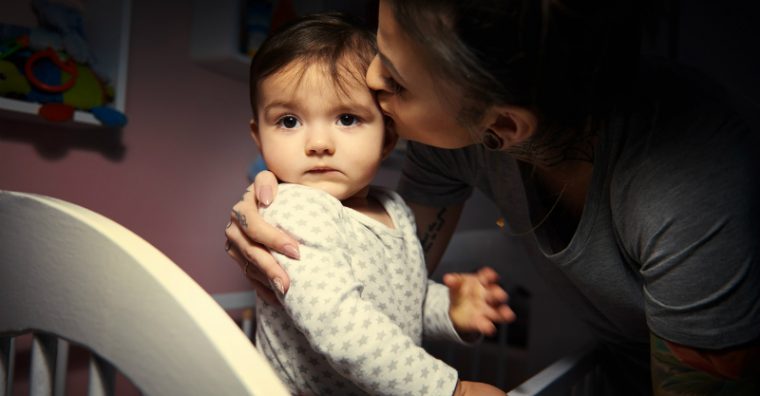
Avoid cough medicine
Sarah also explained that cough medicine is not the answer to small children’s cough woes.
“There’s no evidence to say that it will help your child’s cough,” Sarah says. “It can actually be harmful in young children, some preparations can cause harm.”
For parents who might be tempted to give their child a tiny bit of adult cough medicine, Sarah has a warning.
“It can actually be really harmful. Some cough medicines would do different things, for example, some suppress your cough reflex. Some actually just thin out mucus. There are different things that they do. But what we do know is that they shouldn’t be given to children under the age of six.”
“The only exceptions to the rule is when your doctor has prescribed something for a specific condition,” she clarifies. “So when I’m talking about not giving the cough medicine I mean that stuff that you’re buying over-the-counter at the pharmacy.”
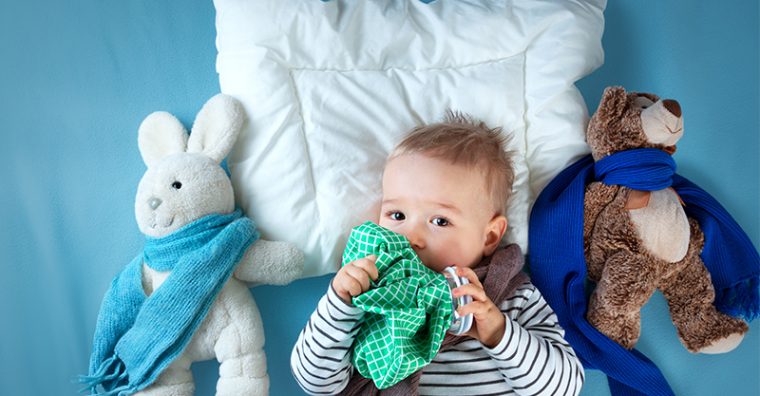
A spoonful of honey
For parents at their wit’s end with a toddler or preschoolers non-serious cough, there is help at hand.
The Royal Children’s Hospital in Melbourne has lots of advice and brilliant fact sheets on their website. They suggest giving your child a spoonful of honey or honey in some warm water to ease an irritating cough.
“I like to mix it with a bit of lemon,” Sarah says, reminding parents that “we need to remember your child’s got to be over 12 months of age. We don’t give honey to kids under the age of one.”
Find more great stories and expert advice in the Feed Play Love podcast. Available in Apple Podcasts, Google Podcasts, Spotify or wherever you listen.
